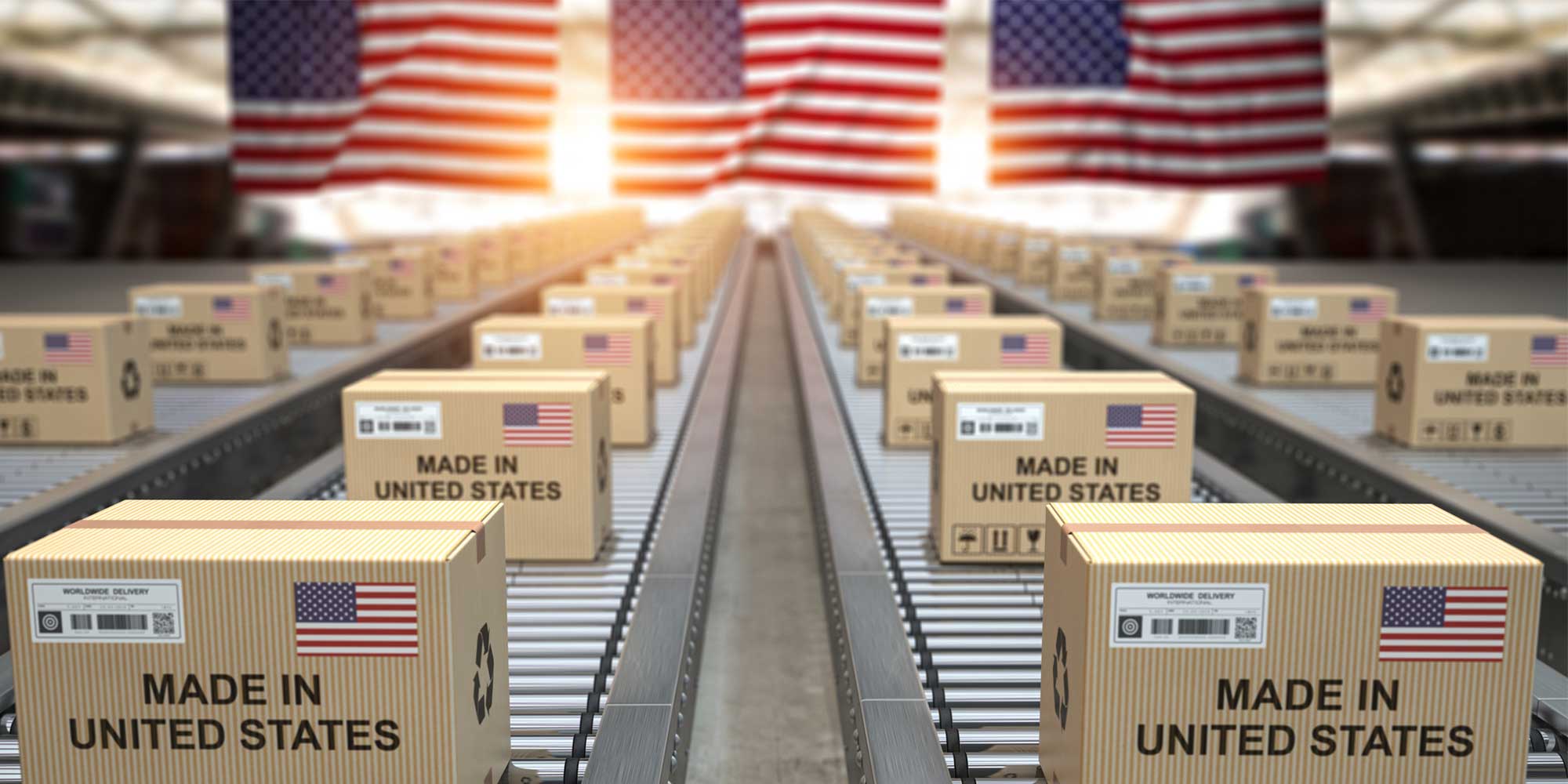Firearm exports require more stringent procedures than many other exports.
Here are 3 big mistakes you want to avoid when exporting firearms.
Not obtaining the appropriate export and / or import license(s)
Failure to obtain an export license before shipping most types of firearm to a recipient in another country is a violation of U.S. export regulations. In most cases, it is also a violation of U.S. export regulations if the U.S. exporter fails to obtain a copy of the foreign recipient’s import permit.
An export license from the Department of Commerce, Bureau of Industry and Security (BIS) is required to export most non-automatic and semi-automatic firearms and shotguns.
Even antique firearms, certain muzzle-loading black powder firearms, BB guns, pellet rifles, paintball, and other air rifles may require an export license to certain countries or end-users despite the fact that they are classified as EAR99 for export purposes.
An export license from the U.S. State Department, Directorate of Defense Trade Controls (DDTC) is required to export fully automatic firearms and shotguns and firearms using caseless ammunition.
In addition to an export license, a Form 9 approved by the Bureau of Alcohol, Tobacco, Firearms and Explosives (ATF) is required for firearms regulated under the National Firearms Act (NFA), which include fully automatic firearms and shotguns, as well as rifles and shotguns with barrel lengths less than 18 inches.
More information regarding U.S. Government approval is available in this blog.
Most foreign governments require that importers of firearms obtain an import permit. Even firearms that are classified as EAR99 and do not require a US export license may still require an import permit to enter the destination country.
You should check with your foreign purchaser to determine what permit(s) is required. If an import permit is required, BIS and DDTC require that you to obtain a copy.
Incomplete or incorrect shipping documents
Incomplete or inaccurate shipping documents can result in the seizure of shipments by U.S. Customs and Border Protection (CBP) on their way out of the country.
Seizures result in delays, extra expense and possible penalties. Incomplete or inaccurate shipping documents also can create problems for the importer when the goods seek to clear customs in the destination country.
Once you have obtained required export licenses and import permits and are ready to pack your shipment, it is very important to include a commercial invoice.
The commercial invoice must contain the names and addresses of the exporter and importer, description, quantity, and price of the product(s), and the destination control statement as stated in §758.6 of the EAR and §123.9 of the ITAR. More information on requirements and best practices for commercial invoices can be found here.
If you are using a freight forwarder, you must give the forwarder a shipper’s letter of instruction (SLI). The SLI provides information about the shipment that your freight forwarder needs to process the export. Freight forwarders can give you a template for the SLI.
An AES filing is required for any products shipping under an approved EAR or an ITAR export license. This filing sends important export information to the U.S. Government.
The confirmation number (known as an ITN) provided by the AES system after receipt of the filing must be included on the shipping label or air waybill (AWB).
It is very important to retain shipping details and, when available, tracking information, for every shipment. This can be an AWB issued by a freight forwarder or a carrier’s shipping label with a tracking number.
The AWB must include the same destination control statement as the commercial invoice. Be sure to obtain and retain delivery receipts for all export shipments.
Not conducting a restricted party screen
U.S. export regulations require you to take steps to ensure that you are not shipping firearms to a prohibited or sanctioned party. If you ship to a foreign recipient that is subject to U.S. or international sanctions, you can incur monetary penalties and/or lose your privilege to export, which is called “debarment.”
The U.S. Government publishes and updates lists of parties to whom American exporters are not allowed to ship firearms. These prohibitions may also extend to other parties to an international transaction, such as brokers, agents, sales representatives, U.S. and foreign freight forwarders, and even banks handling letters of credit.
All parties to your export transaction should be screened against these lists. The lists are updated frequently so screenings should be performed prior to submission of an export license application and prior to shipment.
If any party to your transaction appears on one of these lists, you may not be permitted to proceed with the transaction in the manner contemplated, or at all. If the transaction requires an export license, your license application may be denied.
For products that normally wouldn’t require an export license, such as an EAR99 air rifle, a license may be necessary. The important thing is not to proceed until you confirm that you are allowed to proceed.
At a minimum, you should screen against the following lists:
| List | Responsible Agency |
| Denied Persons List | Department of Commerce |
| Unverified List | Department of Commerce |
| Entity List | Department of Commerce |
| Nonproliferation Sanctions | Department of State |
| AECA Debarred List | Department of State |
| Specially Designated Nationals List | Department of the Treasury |
| Foreign Sanctions Evaders List | Department of the Treasury |
| Sectoral Sanctions Identifications List | Department of the Treasury |
| Palestinian Legislative Council List | Department of the Treasury |
| The List of Foreign Financial Institutions Subject to Part 561 | Department of the Treasury |
| Persons Identified as Blocked | Persons Identified as Blocked |
Fortunately, it is not hard to screen recipients. Export.gov has a free Consolidated Screening List which searches all of these lists. There are also several well-regarded fee-based software companies that handle restricted party screenings against these lists and many other lists that are not included in export.gov’s search engine.
Note that screens often produce false-positives, names that appear to match a party to your transaction but which, in fact, refer to someone else. If your screen produces an apparent match, confirm that the party identified by the screen is the same party you are dealing with before you determine not to proceed.
Be sure to keep a record of all restricted party screens, including your basis for deciding that apparent matches are false-positives. If something goes wrong with your export, it is important to have proof that you conducted a proper screen.
Mistakes can be costly
Remember that the 3 mistakes discussed above can lead to serious consequences such as:
- Goods being seized by Customs
- Loss of export privileges / debarment
- Monetary penalties / fines
- In very serious cases, criminal penalties including jail time.
If you sell firearms, parts, accessories or optics online and want a safe and cost-effective way to export them without making these mistakes, EasyExport probably can help. Schedule a call to learn more.







